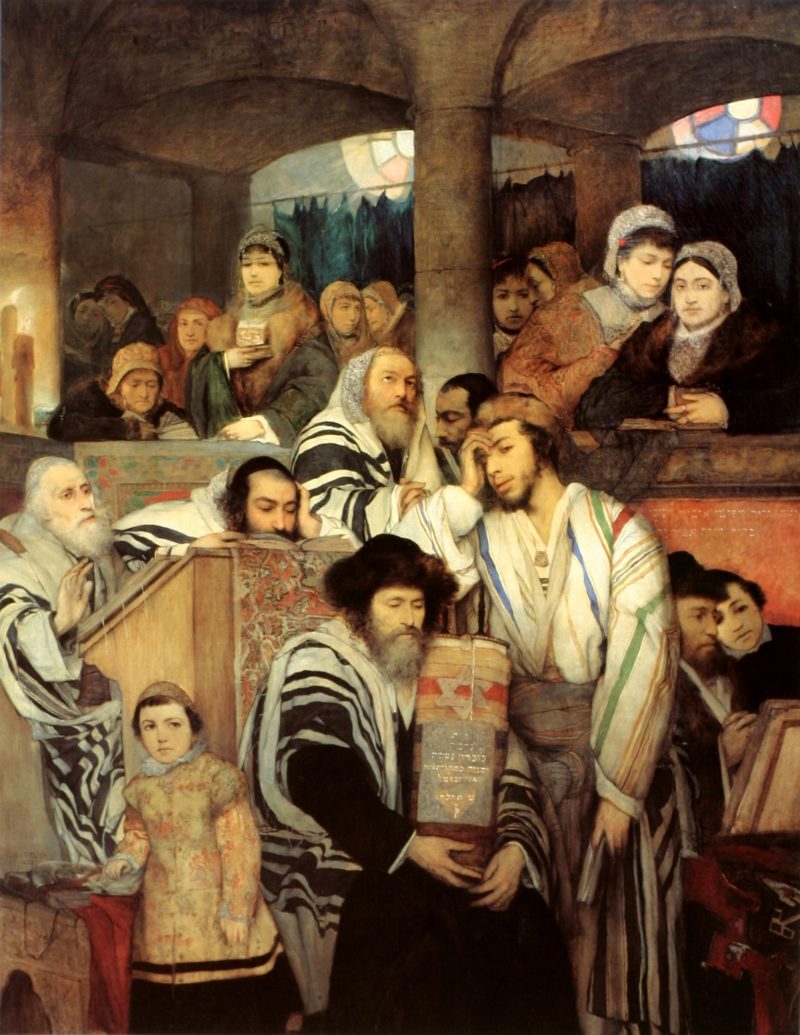If the church does not disciple the nation, the nation will disciple the church.
The church has largely abandoned Jesus’ great commission to disciple nations. Yes, we have done lots of missionary activities, virtually everywhere around the world. But the mandate is not simply to take the gospel of Christ around the world. The gospel is also to penetrate cultures, to disciple nations (Matt 28: 18-20). We are not simply to teach spiritual disciplines to individuals, we are to disciple nations at the level of culture.
Writer Ken Meyers describes this process:
Discipleship is not engaging with another culture to present a small set of new propositions. Rather, discipleship is a work of alternative enculturation – to present a new way to understand life and the world in which we live, that is, a new way to understand ‘what is real.’ And this new way of understanding life is incarnated in alternative cultural forms that are sustained across generations and, when possible, shared with our neighbors.
Or to put it a little differently, discipling nations is an act of cultural subversion.
 According to Webster’s 1828 dictionary, subversion is the “entire overthrow; an overthrow of the foundation; utter ruin … .” We are already experiencing subversion in that the world’s system is actively discipling our nations.
According to Webster’s 1828 dictionary, subversion is the “entire overthrow; an overthrow of the foundation; utter ruin … .” We are already experiencing subversion in that the world’s system is actively discipling our nations.
Subversion of language
Witness, for example, the subversion of language in our culture. Love has eroded from sacrificial serving to narcissism. Marriage is no longer a covenant relationship between a man and a woman for life. Now it includes two people of the same sex in a social agreement. We have descended from human responsibility to individual rights, from objective truth to narratives, from moral absolutes to cultural relativism, from equality before the law to equal outcomes.
We see subversion in the distortion of our cultural images:
- Christmas, for many, no longer evokes the babe in the manger. It’s more about black Friday.
- For generations, Easter has been less about the empty tomb and more about bunnies and eggs.
- The beauty and healthy intimacy of human sexuality is being corrupted to hookups with anyone or anything.
- The boundaries of the natural family have been erased to accommodate multiple fathers or mothers, or even robots.
When the foundations of a nation or culture are subverted, the society will crumble.
Western institutions are being overthrown today because the culture is being subverted on a daily basis through movies, music, television, internet, state education systems, and universities. Too many “Christian” schools are teaching from a sacred/secular dichotomy, allowing for the modern subversion of a religious-school culture. Likewise the church has been subverted, mimicking what is popular in culture, from music trends to the church-management culture.
There’s nothing new about the subversion of our society. But we’ve had it backwards. Christians need to be the subversive ones.
Brian Godawa, writing in his book The Imagination of God, says “the Judeo-Christian worldview … redeems culture through subversion, which is radical reinterpretation or undermining of common understood images, words, concepts or narratives.”
He goes on: “In subversion, the narrative, images and symbols of one system are discreetly redefined or altered in the new system.”
Instead of being the subverted ones, we are to be the subversives. As we see in the Bible.
Subversion in the Bible
In Genesis 12:1-4, Abraham was called by God to leave Ur of the Chaldees and enter a promised land. This was not simply a geographic move, but a leaving of a pagan culture to walk before the living God of the universe, thus beginning a new culture, replacing paganism with Judeo-Christian monotheism. As Thomas Cahill states so eloquently in The Gift of the Jews:

The Jews gave us a whole new vocabulary, a whole new Temple of the Spirit, an inner landscape of ideas and feelings that had never been known before. Because of their unique belief – monotheism – the Jews were able to give us the Great Whole, a unified universe that makes sense and that, because of its evident superiority as a worldview, completely overwhelms the warring and contradictory phenomena of polytheism. They gave us the Conscience of the West …
This was a subversion of the highest order, from the small idols of paganism to the one true God of creation. Godawa comments on the impact of Israel’s existence in the midst of a pagan world, speaking of
Israel’s subversive reinterpretation of those images, motifs and symbols [of pagan culture] through their own narrative to express a monotheistic God who condemned other gods as worthless idols and who chose Israel to be his royal priesthood to bring redemption to the lost pagan world.
Moses subverted corruption and injustice with the revelation of the moral law of the universe.
Jesus turned things upside down (or should we say right-side up) when he said we are to lose our life to find it (Matt 10:39), the last shall be first (Matt 20:16), and love your enemies (Matt 5:44). These and other teachings of Jesus are a radical subversion.
Paul, on Mars Hill, is subverting the Athenian concept of the “unknown God” by using simple language to redeem their narrative with new descriptions and understanding of the living God of creation (Acts 17:23). Curtis Chang, in his book Engaging Unbelief, says subversion includes three elements:
- Entering the challenger’s story
- Retelling the story
- Capturing the retold tale with the gospel metanarrative
This is exactly what Paul did on Mars Hill (Acts 17:22-31).
Subversion is the work of the kingdom of God in the world
In Argentina I spent some time with a friend named Sebastián Preiti. We talked about the connection of our work to the kingdom of God and about the concept of subversion. Sebastian said his work is very subversive. I asked him to write about this. Here’s an excerpt.
It was insightful when Darrow Miller, after sharing with him my experience, defined this dynamic as subversion. It seemed to me a brilliant definition where I visualized the effect of a light in the midst of darkness, increasing its intensity and showing the true path. Subversion and redemption, the alteration of the established order, from a world that lives under lies to the absolute, coherent, consistent and harmonious truth coming from the one who has created everything and everything has defined.
Sebastian continued:
Little by little, as I was being transformed, my work was also transformed, and I began to be an agent of transformation in all my environments but especially in the workplace. My work team began to be exposed to a different reasoning model, to different values, and they are also being transformed and developed. The incredible thing is that everything true generates development and growth and that began to be seen in the team and in our work. Unbeknownst to them, a new worldview began to enter their lives, drop by drop. It is a very slow process, but beautiful. Beautiful for what one is living with people but also beautiful for how it is at the same time a path of continuous transformation in one’s own life, where we can see God in everything.
In short, our task is nothing less than to disciple nations. And if we are not discipling our nation, our nation will disciple us. We are to be manifesters of kingdom culture in the midst of our work and community. We are to be subversives.
“Do not be overcome by evil, but overcome evil with good,” (Rom 12:21 NIV).
- Darrow Miller







4 Comments
Greg Janos
January 11, 2018 - 11:38 amGreat Darrow! I will pass along to a few friends in this and other cultures.
You might remember me from the early 90’s, I did a due diligence on FHI for a major donor.
Greg Janos
admin
January 13, 2018 - 7:07 amHi Greg
Glad you are enjoying the blog.
I certainly remember the name, but am unable to match a face. Hope all is well.
Eliceli
January 15, 2018 - 10:33 amGreat article Darrow! Thanks for sharing your thoughts. Always insightful!
admin
January 15, 2018 - 12:00 pmEliceli
Glad you enjoyed the blog.